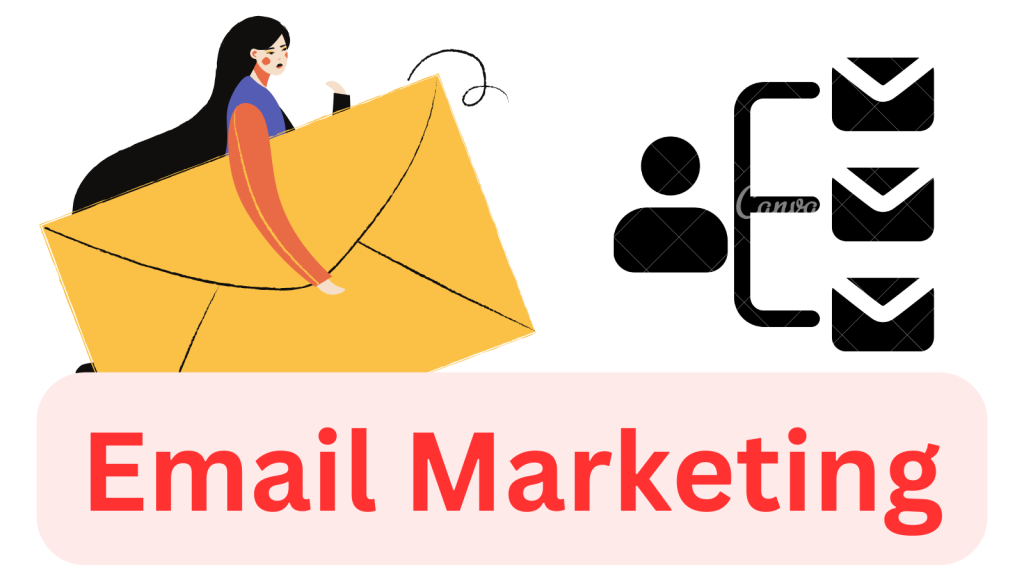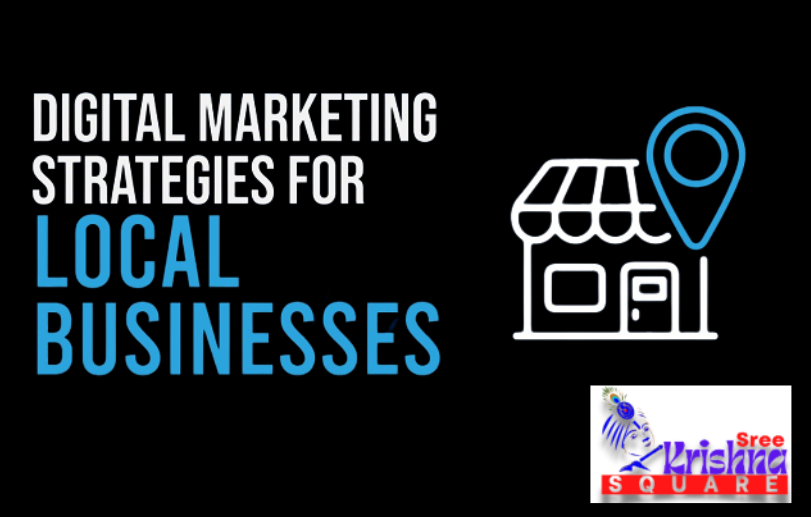
What is Email Marketing?
Table of Contents
Email marketing is a digital marketing strategy that involves sending commercial messages to a group of people via email. These messages can include advertisements, promotional content, business requests, or any other type of communication aimed at building brand awareness, generating leads, or driving sales. Email marketing is often used by businesses to engage with their customers, promote products or services, and build relationships with their target audience. It can be an effective tool for reaching a large number of people at a relatively low cost and can be personalized to target specific demographics or customer segments.
11 email marketing skills
1. Critical and analytical thinking
Critical and analytical thinking involves the ability to objectively analyze and evaluate information, arguments, and situations in a logical and systematic manner. It requires individuals to question assumptions, consider multiple perspectives, and make reasoned judgments based on evidence and sound reasoning. Critical thinking involves the ability to identify and challenge biases, recognize logical fallacies, and assess the validity of information, while analytical thinking involves breaking down complex problems or concepts into smaller components to understand their underlying structure and relationships. Both skills are essential for making informed decisions, solving problems, and developing well-reasoned arguments. They are highly valued in academic, professional, and personal contexts.

2. Technical expertise
Technical expertise refers to a deep understanding and proficiency in a specific area of technology, engineering, or a particular field. It involves possessing specialized knowledge, skills, and experience related to a particular technology, software, hardware, or industry. Technical expertise can encompass a wide range of areas, including programming, data analysis, engineering, cybersecurity, and more. Individuals with technical expertise are often sought after for their ability to solve complex problems, develop innovative solutions, and contribute to the advancement of their field. This expertise is crucial in driving technological innovation, improving processes, and creating value in various industries.
3. HTML and CSS skills
Copywriting is the art and science of writing persuasive and compelling content with the goal of motivating people to take a specific action. Here are some tips to improve your copywriting skills:
1. Understand your audience: Research and understand your target audience’s needs, desires, and pain points. Tailor your copy to resonate with them.
2. Use compelling headlines: Capture attention with engaging headlines that highlight the benefits or solutions your product or service offers.
3. Focus on benefits: Instead of just listing features, emphasize the benefits of your product or service. Show how it can solve a problem or improve the customer’s life.
4. Keep it clear and concise: Write in a clear and straightforward manner. Avoid jargon and unnecessary complexity.
5. Use storytelling: Incorporate storytelling to create an emotional connection with your audience. Stories can make your message more memorable and relatable.
6. Call to action: Clearly instruct your audience on what action to take next. Whether it’s making a purchase, signing up for a newsletter, or contacting you, a strong call to action is essential.
7. Test and refine: Continuously test different copy variations to see what resonates best with your audience. Use data and feedback to refine and improve your copywriting skills.
By honing these skills, you can become a more effective copywriter and create content that drives results.
5. List segmentation skills
Segmentation skills are essential for various fields and can include:
1. Market Segmentation: Understanding how to divide a market into distinct groups based on characteristics such as demographics, behavior, or psychographics.
2. Data Segmentation: The ability to organize and categorize data into meaningful segments for analysis and decision-making.
3. Customer Segmentation: Identifying and categorizing customers based on their purchasing behavior, preferences, and demographics to tailor marketing strategies.
4. Communication Segmentation: Knowing how to tailor communication strategies for different audience segments to ensure effective messaging and engagement.
5. Psychographic Segmentation: Understanding how to segment audiences based on their lifestyle, values, and attitudes to create targeted marketing campaigns.
These skills are valuable for businesses, marketers, analysts, and anyone involved in understanding and targeting specific groups within a larger population.
6. The ability to create lifecycle campaigns
Creating lifecycle campaigns involves developing a series of targeted marketing initiatives that cater to customers at various stages of their relationship with a brand. This typically includes stages such as awareness, consideration, conversion, retention, and advocacy. To effectively create lifecycle campaigns, you’ll need to:
1. Understand your customer journey: Identify the key touchpoints and interactions customers have with your brand from initial awareness to post-purchase engagement.
2. Define campaign objectives: Determine what you want to achieve at each stage of the customer lifecycle, whether it’s driving awareness, increasing customer retention, or encouraging advocacy.
3. Segment your audience: Tailor your campaigns to different customer segments based on their behavior, preferences, and lifecycle stage.
4. Develop personalized content: Create relevant and engaging content that resonates with customers at each stage of the lifecycle.
5. Implement multi-channel strategies: Utilize various marketing channels such as email, social media, and targeted advertising to reach customers at different touchpoints.
6. Measure and optimize: Track the performance of your lifecycle campaigns and use data to refine your strategies for better results.
By following these steps, you can effectively create lifecycle campaigns that nurture customer relationships and drive business growth.
7. List hygiene skills
Hygiene skills are essential for maintaining personal cleanliness and health. Here are some important hygiene skills:
1. Handwashing: Proper technique for washing hands to prevent the spread of germs and bacteria.
2. Dental hygiene: Brushing and flossing teeth regularly to maintain oral health.
3. Bathing/showering: Proper techniques for bathing or showering to keep the body clean.
4. Hair care: Regular washing and grooming of hair to maintain cleanliness.
5. Nail care: Keeping nails trimmed and clean to prevent the spread of bacteria.
6. Personal grooming: Shaving, skincare, and other personal grooming practices to maintain cleanliness and appearance.
7. Clothing hygiene: Regular washing and proper care of clothing to prevent the spread of germs and maintain cleanliness.
These skills are important for overall health and well-being.
8. Attention to detail
Attention to detail is a crucial skill that involves being thorough and accurate in completing tasks. It requires focusing on the specifics, identifying potential errors, and ensuring that everything is in order. This skill is valuable in various aspects of life, including work, academics, and personal endeavors. By paying attention to detail, individuals can enhance the quality of their work, minimize mistakes, and achieve better results.
9. Leadership and management skills
Leadership and management skills are essential for guiding and directing teams, organizations, or individuals toward achieving specific goals. Leadership involves inspiring and motivating others, setting a vision, and making strategic decisions, while management focuses on organizing, planning, and overseeing the execution of tasks. Both sets of skills are valuable in professional settings, as well as in personal and community contexts. Effective leadership and management can drive productivity, foster collaboration, and contribute to the overall success of a group or organization.
10. CRM knowledge
CRM stands for Customer Relationship Management, which refers to the strategies, technologies, and practices that companies use to manage and analyze customer interactions and data throughout the customer lifecycle. CRM systems are designed to help businesses improve relationships with existing customers, attract new customers, and streamline processes related to sales, marketing, and customer service.
Having knowledge of CRM involves understanding how to effectively use CRM software to track customer interactions, manage leads and opportunities, and analyze customer data to improve business relationships. It also involves understanding the importance of customer-centric approaches and how CRM can be used to enhance customer satisfaction and loyalty. Additionally, knowledge of CRM may include understanding how to integrate CRM systems with other business processes and technologies to create a seamless customer experience.
11. Time-management skills
Time-management skills are essential for effectively utilizing your time and achieving your goals. Here are some tips to improve your time-management skills:
1. Set clear goals: Define what you want to achieve and prioritize your tasks accordingly.
2. Prioritize tasks: Identify the most important and urgent tasks and focus on completing them first.
3. Create a schedule: Use tools like calendars or planners to allocate specific time slots for different tasks and activities.
4. Avoid multitasking: Focus on one task at a time to improve efficiency and reduce errors.
5. Set deadlines: Establish realistic deadlines for tasks to stay on track and avoid procrastination.
6. Minimize distractions: Identify and minimize distractions that can derail your focus and productivity.
7. Take breaks: Schedule regular breaks to rest and recharge, which can improve overall productivity.
8. Learn to say no: Prioritize your commitments and don’t overextend yourself by taking on too much.
9. Review and adjust: Regularly review your time-management strategies and make adjustments as needed.
By implementing these strategies, you can enhance your time-management skills and make the most of your time.
What’s Next?




